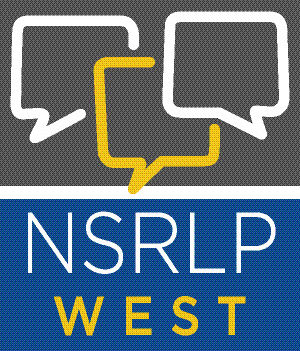
by Qian Wang-Hawryliw of Pro Bono Students Canada
Do new immigrants face a barrier to access to justice (A2J)? Does the barrier to access justice have features that are unique to the new immigrant community? The answers to these questions are in the positive. Newcomers to Canada often belong to a disadvantaged group due to various reasons and their lower social-economic status may be reflected in the lack of awareness of legal rights and equal opportunity to legal services. Economically, it can be difficult for new immigrants to find employment. Therefore, many have a low level of income and some may totally depend on government support programs. Lack of financial means can prevent immigrants from accessing legal services.
Cultural Differences
Culturally, many new immigrants come from places where laws are not only dramatically different from Canadian laws, but also may be non-existent in their homeland. This causes a significant legal gap in understanding and exercising individual rights. Linguistically, many newcomers lack sufficient language skills to express their legal concerns. Low literacy level either in English or French prevents them from accessing many available free-of-charge legal services. Within the new immigrant community, many do not have an understanding of the legal system or laws of Canada. Religiously, new immigrants can have very diverse interests in their religious beliefs which are reflected in their decisions regarding legal issues. Admittedly, religion and law sometimes do not go hand in hand, what is prohibited by law may not be prohibited in someone’s religion. This discrepancy requires reconciliation both from a legal perspective and from a personal perspective. Cultural and language barriers certainly hinder this process.
Many newcomers find that Canada’s relatively extensive legal system is culturally challenging for them. Some believe that the laws of Canada do not apply to family life and are therefore culturally unacceptable. In traditional Chinese communities, many people consider disputes, particularly disputes amongst family members, to be family affairs that should be resolved without outside influence. Any attempt to seek help elsewhere may be considered revealing your family's secrets. This potentially unhealthy mentality may lead to legal ignorance and enable perpetrators to take advantage of family members’ generosity and lack of experience. Some new immigrant spouses who are in dysfunctional relationship tend to be less willing to go to the authority to report their situation even when physical violence is involved. Statistically, a predominant percentage of reported domestic violence cases are against women and according to Masiya Ahmadzai (2015), “Immigrant women may be more vulnerable to domestic violence due to economic dependence, language barriers, and a lack of knowledge about community resources.” To overcome the cultural differences in understanding law and individual rights amongst new immigrants, the implementation of the grass root legal education system is vital. This system will help to categorize the rather complex Canadian legal system more digestible. Effective legal education at the community level tends to work like an eye-opener for newcomers and makes the pursuit of legitimate rights less daunting.
Grassroots Multilingual Legal Education
To create equal legal access to justice for New Canadian immigrants, we need a system of multilingual legal education. A good start would be a grass root mechanism to provide legal information. Many new immigrants are apprehensive about the high cost of legal services. Their misunderstanding lies in the fact that hiring a lawyer and going to court may be the only ways of solving legal issues. A grass root mechanism can inform them that many alternative ways of solving legal problems without incurring a significantly high cost exists. In the case of a lawsuit, a multilingual legal education system would definitely assist newcomers to Canada in accessing the proper and cost-reasonable services, including free services, to address their needs.
Community-based multilingual system can be cost-effective. Instead of implementing a separate system of informational distribution, existing community services can be utilized to reduce the cost of running this system. Many community centres, family and social services agencies, as well as colleges and schools are ideal venues to promote multilingual legal education. Legal education can be integrated into basic community services without incurring high cost. Much of the existing community service infrastructure can be utilized to the benefit of a grassroot legal education effort.
Photo by Streetwindy on Unsplash


